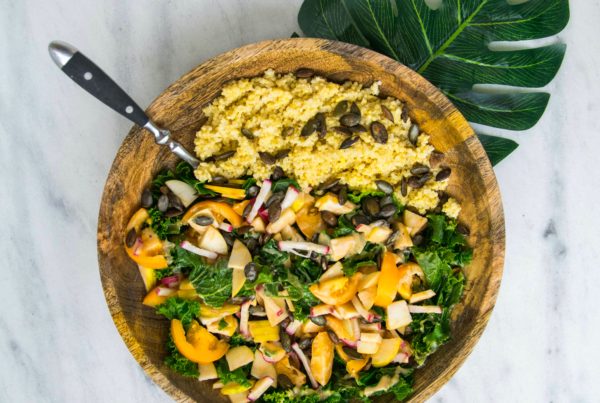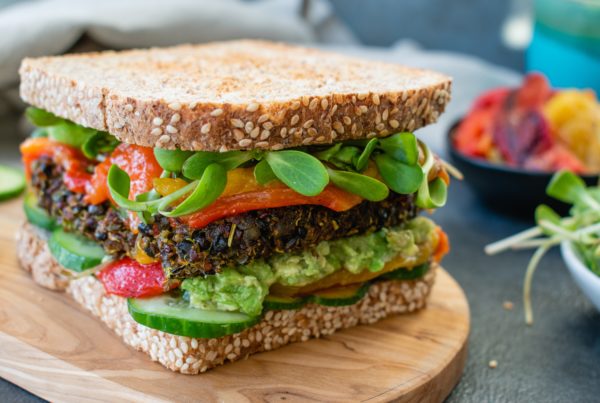Lately, it seems that a whole host of specific foods have been hailed as “Antioxidant superfoods”- ranging from goji berries to quinoa- but the meaning of antioxidant is still cloaked with ambiguity for most consumers. What really are antioxidants? Are they anti-oxygen? Do they support our wellbeing?
To answer the latter, antioxidants are extremely vital; they help protect our cells from damaging and highly reactive free radicals, which to answer the second question are usually oxygen-containing species. Much like a protective coating used to prevent a car from rusting, antioxidants coat cells to protect the body from the oxidative properties of free radicals. This added protection for our cells has been shown to help fight against chronic diseases like diabetes and heart disease. It is not just people with non-communicable diseases that should take note of their antioxidant intakes- athletes should be more attentive as well. This is because exercise can increase free radical production in our bodies, and if we are not protecting our cells adequately, it can lead to progressive damage to our cells.
Fortunately, antioxidants come from many different wholes, nutrient-rich foods, especially vegetables, fruits, legumes, nuts and seeds, and also spices. It can be quite easy to obtain the antioxidants recommended if a wide variety of colorful foods are consumed. Some common antioxidants working in our bodies include Vitamins C and E, beta carotene, flavonoids, and selenium.
To start, Vitamin C is found mainly in citrus fruits, strawberries and bell peppers. Vitamin C is an important antioxidant as it aids in iron absorption, and can be needed in larger amounts, especially after strenuous exercise. In comparison, Vitamin E also aids in the absorption of other antioxidants and is mainly found in foods such as avocados, peanuts and peanut butter, and certain vegetable oils. Additionally, beta carotene is present in bright orange produce, like carrots, apricots, and sweet potatoes. Beta carotene is converted into Vitamin A in the body, helping to maintain our eye health and immunity. Although flavonoids sound more unfamiliar, they are commonly found in dark-colored berries, cocoa, green tea, and apples. Finally, meat, fish, dairy products and poultry are good sources of selenium, whereas vegans and vegetarians can opt for mushrooms, whole grains, and nuts and seeds.
Antioxidant supplements are usually not recommended, as they often contain a dosage that is much higher than necessary. It is best to always talk to your health care provider or a Registered Dietitian before taking any antioxidant supplements. However, a diverse diet that is full of a variety of colorful, whole foods and more plant-based choices, will be an easy way to get all that antioxidants your body needs to help prevent your cells from getting damaged over the long term!



